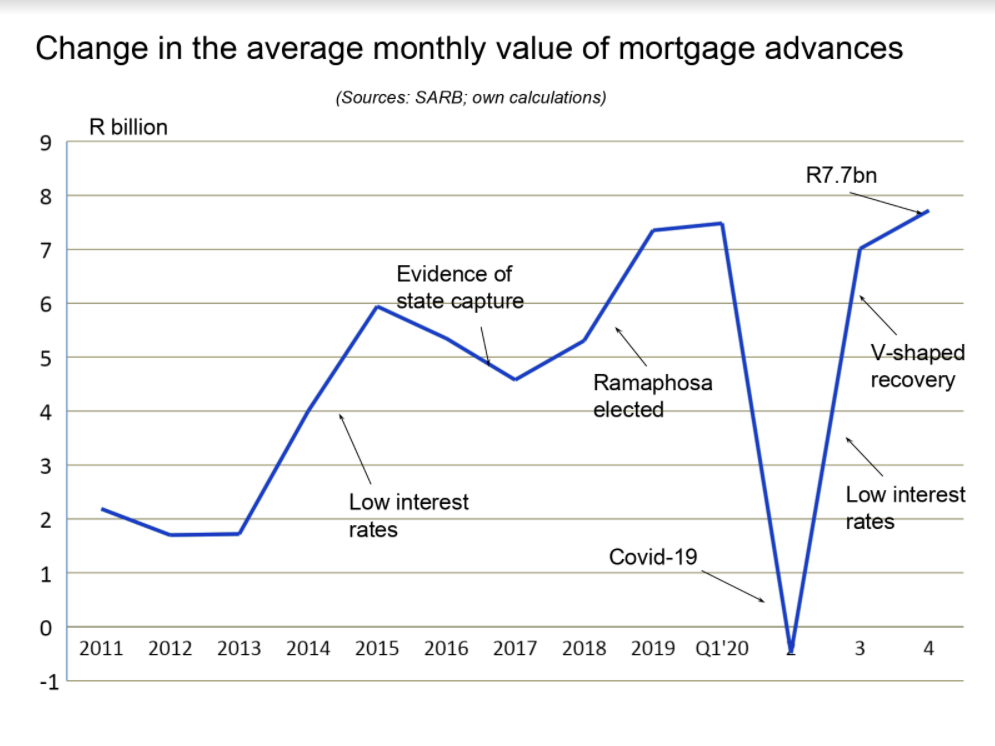CAREERTIP : Mastering effective communication skills can lead to salaries or career growth in today’s digital age
CAREERTIP : Mastering effective communication skills can lead to salaries or career growth in today’s digital age
Even in an era of advanced technology like ChatGPT, which can assist in drafting various kinds of writing, it remains crucial to acquire effective communication skills. Beyond merely conveying information, the ability to speak and write well holds immense value. Knowing how to communicate effectively allows individuals to convey their thoughts, ideas, and emotions in a clear, concise, and engaging manner, fostering stronger connections and relationships in both personal and professional settings. It’s important to understand that effective communication skills are the opposite of constant, careless chatter. Speaking more doesn’t make you a better communicator. True mastery lies in message quality. Active listening One of the foremost effective communication skills involves no speaking at all: active listening. This skill involves hearing words and truly comprehending the message, empathizing with the speaker, and responding appropriately. Contrary to the belief that speaking more is th
- Get link
- Other Apps


Construction market hope to return profits
ReplyDelete